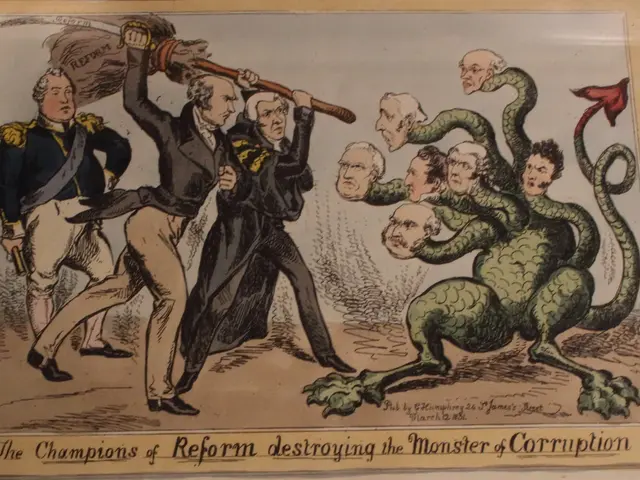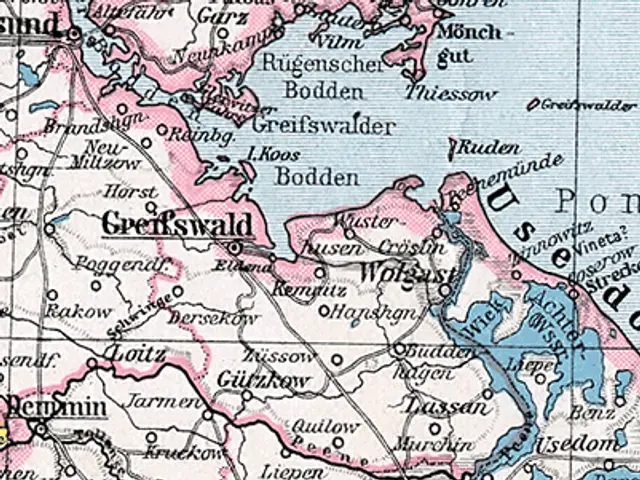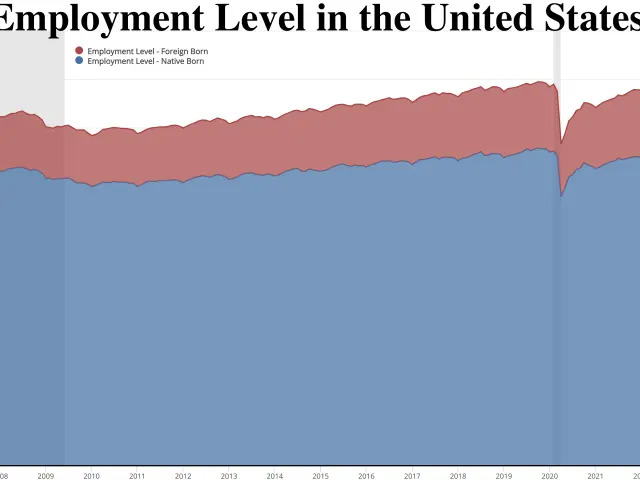Pennsylvania's Dispute Over Shapiro's Proposed Tax on Skill Games Heats Up
Going for Gold: The Skill Game Scuffle in Pennsylvania's Budget Bill
The heated debate around Pennsylvania's budget has sparked a significant contention—Governor Josh Shapiro's plans to legalize and tax skill games. A growing form of gambling, these games, despite their popularity, have largely dodged the tax man, making a fortune without contributing to the state's coffers.
Shapiro's Skillful Tax Scheme
Shapiro is gunning for a 42% tax on the revenue earned by these popular pastimes, found in convenience stores, bars, and social clubs. Much like slot machines, skill games require a smidgen of hand-eye coordination for players to win. With about 70,000 machines operational across the state, this tax could net Pennsylvania a whopping $369 million, intended for bolstering public schools, revitalizing infrastructure, and boosting mass transit. Shapiro contends that legalizing these games would not just fill state coffers but also bring fairness to the gaming industry.
Taxing Skill Differently: Senate Bills Propose Alternatives
However, Shapiro's ambitious plan faces stiff opposition. Two Senate bills propose tax rates significantly lower—16% (Senate Bill 706) and 35% (Senate Bill 756). The latter, championed by Senator Chris Gebhard, intends to assign the Pennsylvania Gaming Control Board responsibility for overseeing these games, ensuring a level playing field with traditional casinos. Senator Gene Yaw, who supports Senate Bill 706, argues that these machines serve as economic saviors for small businesses and nonprofit organizations.
Battleground Economies: A Tug-of-War over Small Venues
To add more complexity, the Pennsylvania Supreme Court is still reviewing the legality of these games. Yaw, who has visited several major skill game manufacturers, insists that higher taxes may drive small venues out of business and shift revenue to bigger casinos. Republican lawmakers, meanwhile, express concerns that Shapiro's proposed revenue may be overestimated, potentially leading to financial issues that could deplete emergency savings and lead to increased taxes in the future.
Pressure Cooker: The June 30 Budget Deadline Approaches
With the June 30 budget deadline looming and a divided legislature—Democrats leading in the House, Republicans controlling the Senate—the road ahead is hazy. However, the stakes couldn't be higher, with billions of potential income and crucial public services hanging in the balance. The jury's still out on Pennsylvania's skill game showdown, but one thing's for sure—this fight has never been more critical.
The political debate surrounding Shapiro's tax plan for skill games, found in various venues such as convenience stores and social clubs, has entered the realm of policy-and-legislation, with two Senate bills proposing lower tax rates (16% and 35%) as alternatives.
This tug-of-war over tax rates and the legal status of skill games has escalated into a significant issue in Pennsylvania's general news, with Shapiro contending his plan would bring fairness to the gaming industry and generate substantial revenue ($369 million) for public services, while opponents argue higher taxes may jeopardize small businesses and shift revenue to larger casinos.






